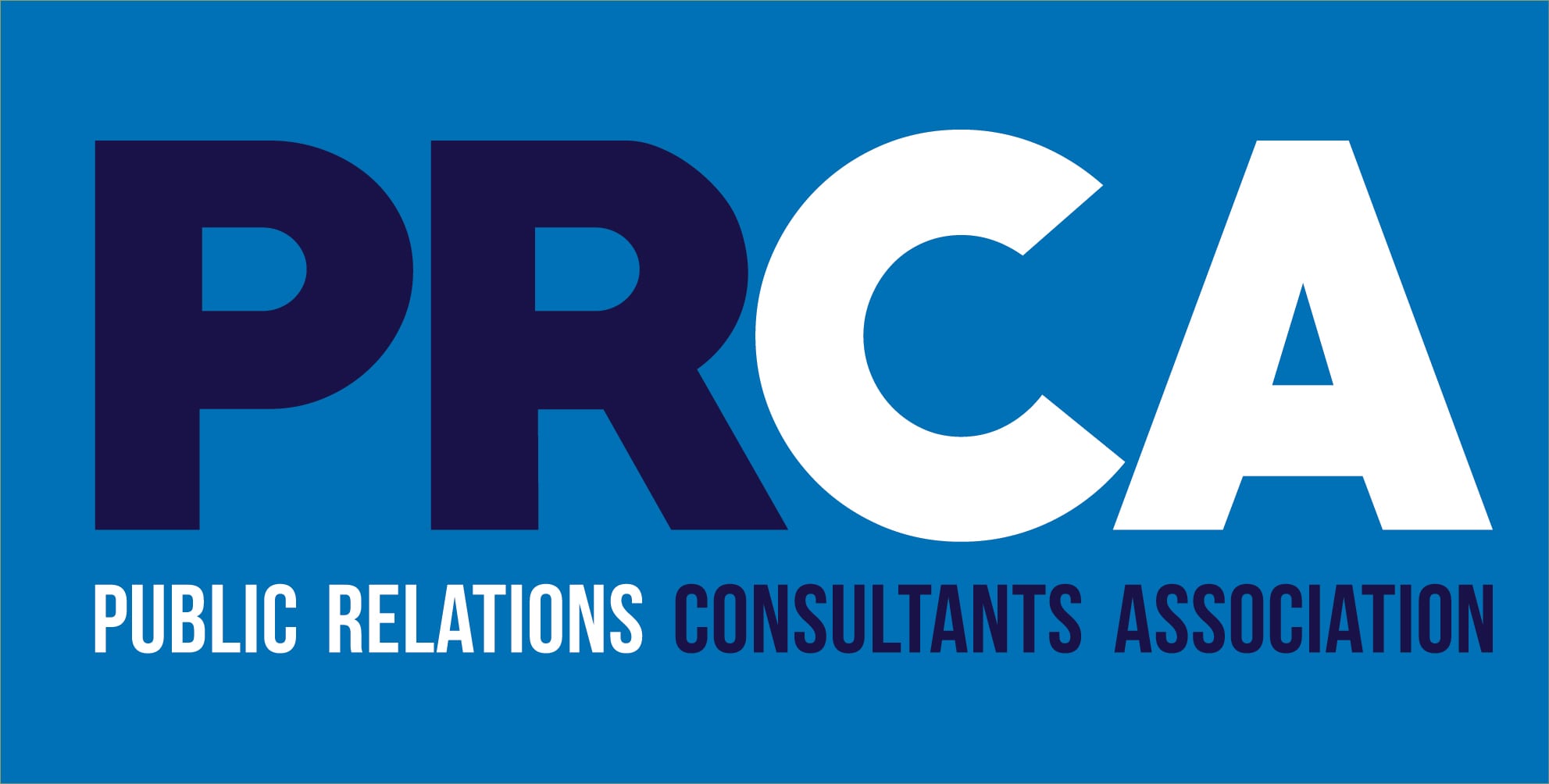The 2024 Awards for Excellence in Public Relations were launched on 18 December.
On Wednesday 24 January we hosted the all-important briefing sessions of tips and feedback, led by Chair of the Judging Panel, Neasa Kane Fine, FPRII on ‘How to Impress the Judges’ and a separate session for prospective entrants for ‘The Young Communication Professional of the Year’. There was also a special briefing for the PRCA members on agency entries for the ‘PRCA Agency of the Year Category’. The following are the slides from the sessions.
Awards for Excellence in Public Relations 2024 Briefing Presentations
Full details about the categories, rules, entry deadlines and everything else you need to enter are now available in the Brochure and the declaration form is available here.
Regular participants will notice some changes this year. These flowed from consultations with PRCA and PRII members. The Awards celebrated 30 years this year, so it seemed like a good time to see what we could refresh.
Among the changes are the addition of a new category inviting entries for campaigns which address Environmental, Social and/or Governance (ESG) challenges. The Young Communications Professionals age limit is raised to 32, the headcount of the small PRCA Agency of the Year category is increased to 15 employees, word counts are reduced in some instances and the time period within which the majority of the work must be carried out is extended by two months to fourteen, so nothing is missed out.
What hasn’t changed is that competition is very tight and standards are rising every year, so to have the best chance of making your work stand out, take time with your entry. That is why we launch the Awards in December – plenty of time to think and plan how to shine like a star!
Key Dates:
- Entry deadline: Strictly Tuesday, 5 March noon – no extensions
- Shortlist Announced: 15 May
- Awards Ceremony: 21 June
Top Tips:
- Provide detailed information on target audiences and consider using personas.
- Don’t leave out requested information eg sample media releases. Judges can’t give points for neglected sections.
- Do not use AVEs as a form of Measurement.
- Don’t assume any prior knowledge on the part of the Judges i.e. explain the context of the work.
- Be explicit about what is special, and what is excellent, about your entry.
FAQs: Available here.
Templates:
- General Entry
- Best Integrated Campaign
- In-House Team of the Year
- PRCA Agency of the Year
- Young Communications Professional of the Year
- Declaration form







